These past months there has been no shortage of lobbying from the forestry sector. Next to BigOil, we find logging companies seeking lower fees, as well as government handouts. While forestry is being touted as a climate solution, even an answer to the economic recovery from Covid-19, we have to ask ourselves what kind of forestry? As part of our ‘False Solutions’ series, below are the Top 5 False Solutions that come with unsustainable forestry practices.
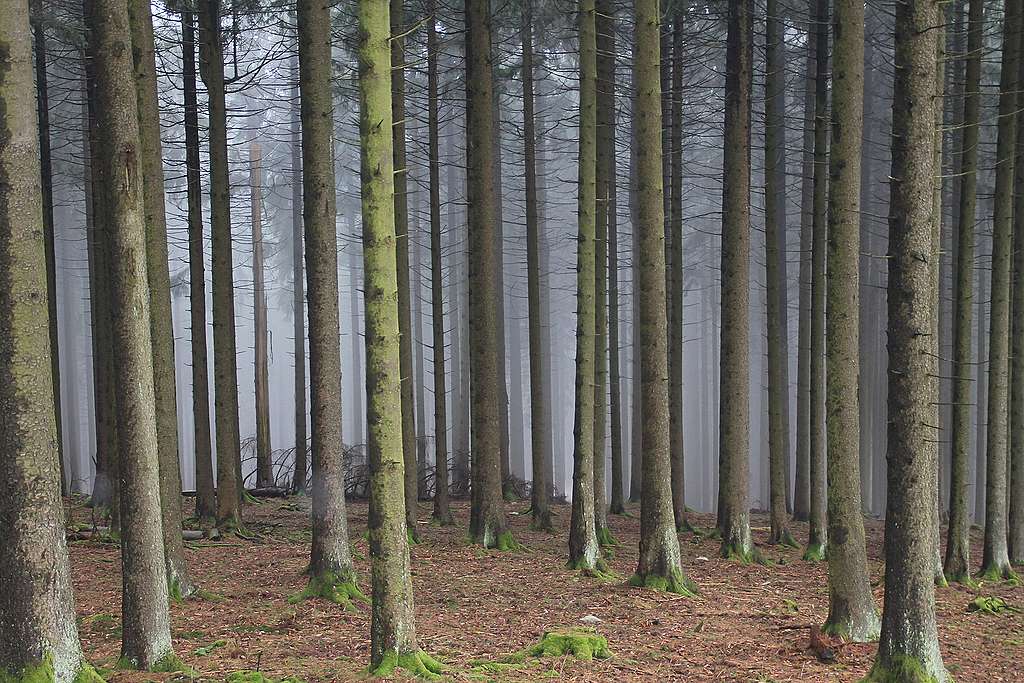
Putting things in perspective
Across the Canadian territory, we are witnessing a surge in forest fires and insect outbreaks. We are seeing forests being cut down faster than they can grow back. Animal populations, like caribou, are in rapid decline from habitat loss. Additionally, Indigenous Traditional Knowledge and identities tied to these lands are eroding. Clearly, something is not right in our forests. This is not to mention “wedge politics,” discrediting scientists, scapegoating environmentalists, and industry disinformation campaigns in recent years, all of which have been a disservice to all.
TOP 5 FORESTRY FALSE SOLUTIONS
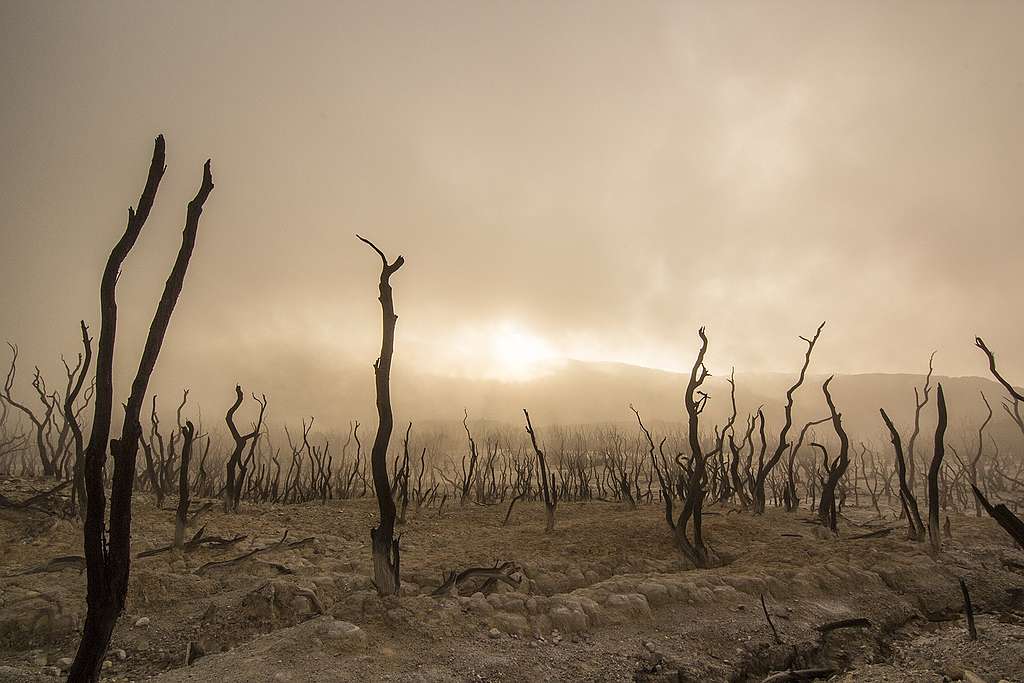
- Biomass energy: Clean energy does not grow on trees. Burning trees is not carbon neutral, nor a transition fuel as industry would have you believe. As outlined in a recent scientific paper, replacing fossil fuels by burning trees from our primary forests not only displaces the problem, it actually exacerbates climate change, while also harming wildlife habitats.
- Carbon Capture and Storage (CCS): This is a process designed to capture and reduce industrial CO2 emissions. Not only does it fail to address the harmful effects of other air pollutants from burning fuels, but the 2018 IPCC report also warns of its actual effectiveness on a large scale. In fact, we would need to build one new plant every day for the next 13 years to meet our climate objectives with this technology. When combined with biomass burning (BECCS), it would require volumes of biomass from industrially-cultivated monoculture crops or tree plantations grown on enormous areas of land. These demands put such technology into direct conflict with food sovereignty needs and measures to restore natural ecosystems. CCS is a great distraction, taking funds, time, and energy away from real solutions.
- Offsets and Partial Carbon Accounting: In the last few years, we’ve seen our country’s forests shift from absorbing carbon to becoming carbon super-emitters – bad news for climate change. Over time, Canada’s carbon accounting has been modified, and is now selectively ignoring emissions caused by natural disturbances such as forest fires, while also pushing back the accounting of carbon in wood products, and weakening its own reporting baseline. The result, Canada went from being a carbon bomb with zero carbon credits, to having twenty million tonnes. Adding insult to injury, these credits are intended to offset fossil fuel emissions, rather than address them directly. Just like the federal government, industry and provincial governments have been found to under-report forestry emissions. This has led to the absurd claim by the Quebec government that we need to cut down more forests to meet our climate objectives. Nothing can be further from the truth!
- Regulatory Rollbacks: We’ve seen several of our governments use the pandemic as an excuse to weaken crucial environmental regulations across the country, be it by suspending, delaying, or outright cancelling protection mechanisms. What’s more, since 2013, forestry companies have been exempt from the Ontario Endangered Species Act. Initially, a “temporary” measure set to expire last month, Premier Ford’s government just extended it for another year, while at the same time announcing plans to make the exemption permanent. This kind of systematic deregulation of the forest sector is something the industry has been pushing to make permanent, and it needs to stop!
- Planting Trees to Plant Trees: The federal Liberals promised to plant two billion trees, but have yet to follow-through and release specifics on how this will be executed. Planting trees here and there, or planting a few species like industry is doing, is not the same as restoring a forest ecosystem. As Professor Eric Lambin, from Stanford University cautions, “If policies to incentivise tree plantations are poorly designed or poorly enforced, there is a high risk of not only wasting public money, but also releasing more carbon and losing biodiversity.” If trees are to be planted, let’s make sure this is done right, and not just a feel-good greenwash campaign.
No more “business as usual“
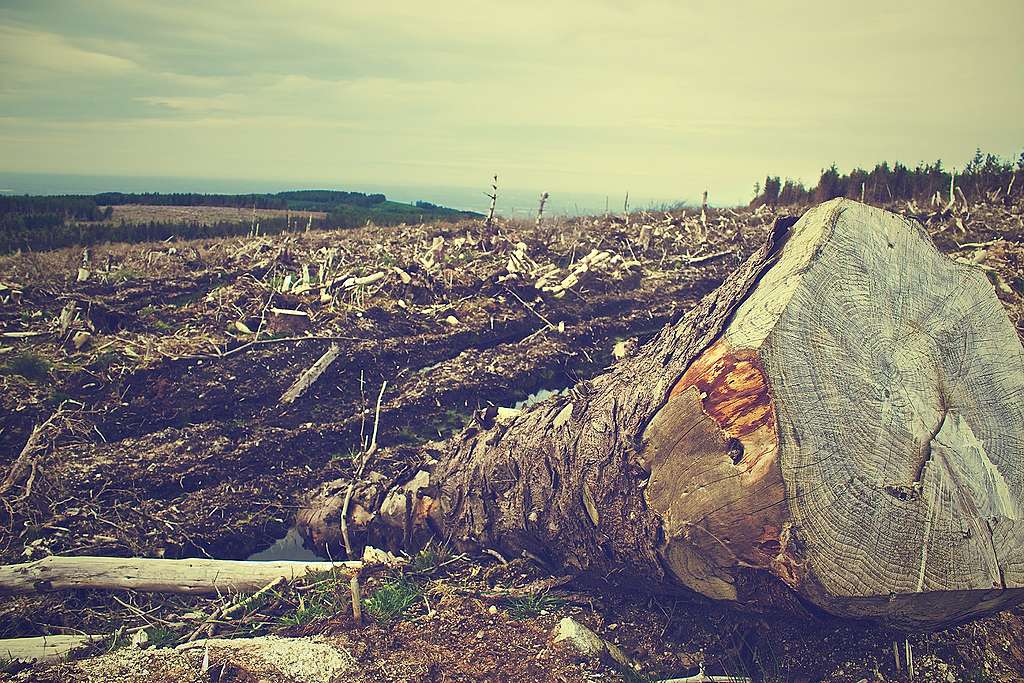
Continuing business-as-usual would mean we would lose our best chances to fight climate change, stop wildlife extinction, and protect our health. While many are eager to kick-start the economy, the above is a good reminder of what we can expect if we don’t speak up, and speak out. This is more than just economy. Act now and tell your MP to reject these false solutions, and invest in a green and just recovery.
Real solutions are about healing the planet, and our relationships with people and the land. If you are eager to know more, have a look at this next blog on a what a green and just recovery means, for forests, people, and wildlife, and how we can collectively #BuildBackBetter.

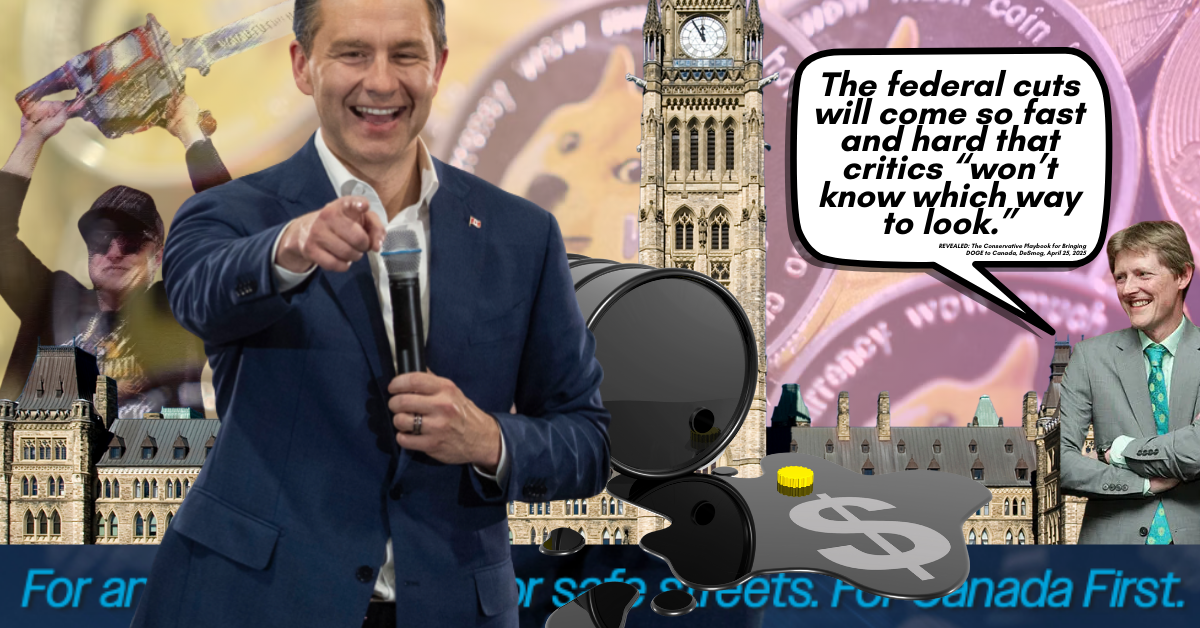
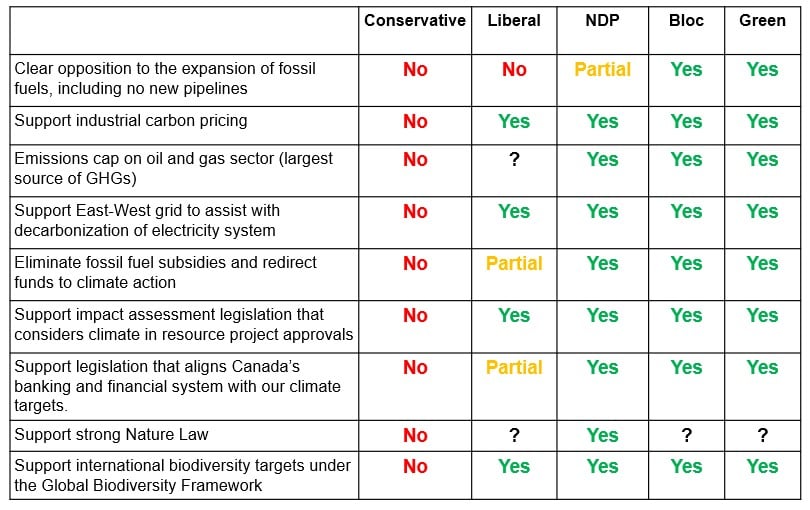

Discussion
Please leave what's left alone, we need our forests our wildlife needs our forests. We have created so much suffering to this planet and all that called it home before we came along, there isn't one part of earth that we haven't touched in a negative way and unfortunately we still are. I love animals what we've done to them there home there food supply is disgusting. I know we were not put here to do these awful things. We are here to protect, improve,care for this planet and all the innocent species here. Our animals have hard lives mostly because of us, they have short lives too. Can they not have there life the way it should be please! How can we justify trophy or canned hunting, seeall killers people with to much money, killing the innocent and there's a ripple effect. Male lions being killed they can't protect there cubs from a take over and it just awful makes me cry to think how greedy and soulless humans are. I hope and pray one of our leaders will be the strong one to stop these cruel, barbaric acts. Can you please be the one Thank you Tammy Hynes